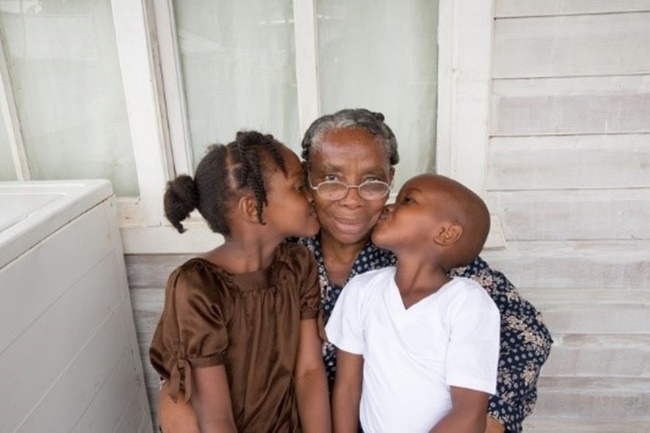
Defining when exactly someone has reached ‘old age’ these days is a lot more complicated than it used to be in the past. It is very common to find people living very active, healthy lives well into their seventies and even eighties these days. This is because there have been incredible medical treatment breakthroughs as well as research that’s given insight on how to maintain a healthy lifestyle that prolongs overall health. But this is not possible for everyone, particularly when it comes to mental health. For some people who are predisposed through hereditary origins there are very few cures but there are means to still maintain a full life despite the challenges caused by neurological disorders such as Alzheimer’s and dementia.
According to Alzheimers.org, the country’s 2011 census figures reveal that there are approximately 2.2 million people in South Africa with some form of dementia.
This indicates that there is a significant amount of people in our country who suffer from dementia – and this number may be growing.
Dementia does not discriminate
People with dementia will need assistance in their daily lives, especially as the condition progresses. And with the current socio-economic challenges many families cannot afford professional assistance when caring for their parent or family member who has developed dementia.
A study by the University of the Free State, explains that “to date it has been incorrectly assumed that dementia is less prevalent among urban black communities. This assumption is strongly disputed by the findings of the current study, which indicates a preliminary prevalence rate of approximately 6% for adults aged 65 years and older in this population group. Previous estimates for Southern Africa have been set at around 2,1%.”
Support is vital
When we have the loving support of family, friends or carers many challenges can be overcome. In addition to this, is having access to quality products that can assist with making life easier for someone who has dementia.
Incontinence is the loss of the ability to control your bladder and can be the result of various conditions. In certain cases, however, Dementia can cause incontinence, because not being able to remember that you need to go to the bathroom could cause you to be incontinent.
The management of incontinence is important to the quality of the lifestyle the person can live. Wearing a good quality incontinence product that is also easy to use can bring great relief and comfort.
There can be beauty in every stage of life
A young woman named Kelli Taylor tweeted about her parents and their loving marriage. Her mum was diagnosed with early onset dementia when she was only 53 years old. Her dad has looked after her mum full time.
My parents have been married for 34 years. My mom is in the final stages of young onset dementia (diagnosed 5 years ago at 53). My dad cares for her full-time. She doesn’t always remember his name but she knows she is safe with him. If that’s not true love, I don’t know what is. pic.twitter.com/8oW2n4mGza
— Kelli Taylor (@keenertaylor) April 26, 2018
These are some of the warning signs Alzheimers.org recommend to look out for – visit a medical professional if you or your loved one is experiencing these symptoms:
• Difficulty performing familiar tasks
• Problems with finding words in everyday conversation
• Confusion with time or place
• Poor or decreased judgment and decision making
• Problems with calculation and recognising numbers
• Misplacing things regularly and inability to retrace steps
• Inability to plan everyday activities
• Changes in mood, personality and loss of initiative
Images source: iStock and TENA




 Publications
Publications
 Partners
Partners











